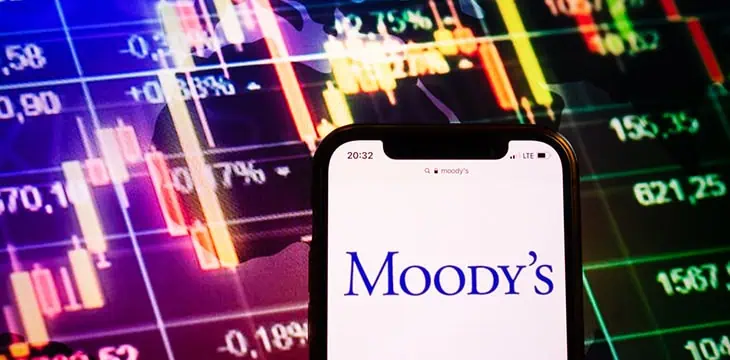|
Getting your Trinity Audio player ready...
|
Global credit rating giant Moody’s (NASDAQ: MCO) has joined Project Guardian, the asset tokenization initiative by Singapore’s central bank, to assess tokenization risk.
Moody’s announced that it would focus on the fixed-income workstream at Project Guardian, providing risk analysis for tokenized fixed-income products. This ranges from stablecoins and fixed-income securities to tokenized deposits and fund units. Its involvement will boost the initiative’s transparency and reduce systemic risks.
The Monetary Authority of Singapore (MAS) launched Project Guardian in 2022 to explore how tokenization can enhance financial market efficiency and liquidity. It brings together both public and private sector players to explore use cases, develop standards, and formulate policy guidelines.
Regulatory members include the U.K.’s FCA, Japan’s FSC, the Banque de France, and the IMF. Private players are led by HSBC (NASDAQ: HSBC), UBS (NASDAQ: UBS), JP Morgan (NASDAQ: JPM), Deutsche Bank (NASDAQ: DB), Euroclear, Franklin Templeton (NASDAQ: FTGTX), and Citi (NASDAQ: C).
Moody’s is the second credit rating agency to join Project Guardian, joining its biggest rival, S&P Global (NASDAQ: SPGI). Together, the two American firms control 80% of the credit rating industry.
In a statement to CoinGeek, Moody’s Head of Strategy Rajeev Bamra stated that tokenization would redefine asset ownership and “catalyze significant growth in sectors ranging from finance, commodities and real estate to art and intellectual property.”
Bamra added that tokenization will democratize access to illiquid assets, enhance transparency, and offer new opportunities for retail investors through fractional ownership.
In a January report, Moody’s revealed that tokenized funds had grown from $100 million to $800 million last year, with the U.S. recording the highest growth. This year has seen multi-trillion dollar asset managers expand their presence in the sector, pushing its market size above $1.5 billion in the first six months. Experts say it will be worth trillions by the decade’s end.
However, while tokenization is highly promising, it comes with a unique set of risks, which makes the services of companies like Moody’s and S&P Global crucial.
“However, alongside these opportunities, the emergence of digital risks underscores the importance of robust cybersecurity measures and regulatory frameworks to safeguard the integrity and resilience of tokenized assets. As these capabilities evolve, the potential for tokenization to reshape how assets are traded and managed globally is increasingly evident, promising a future where digital tokens unlock new economic efficiencies and opportunities,” Bamra told CoinGeek.
Watch: Tokenizing Gold and Stable Coins

 08-31-2025
08-31-2025 





